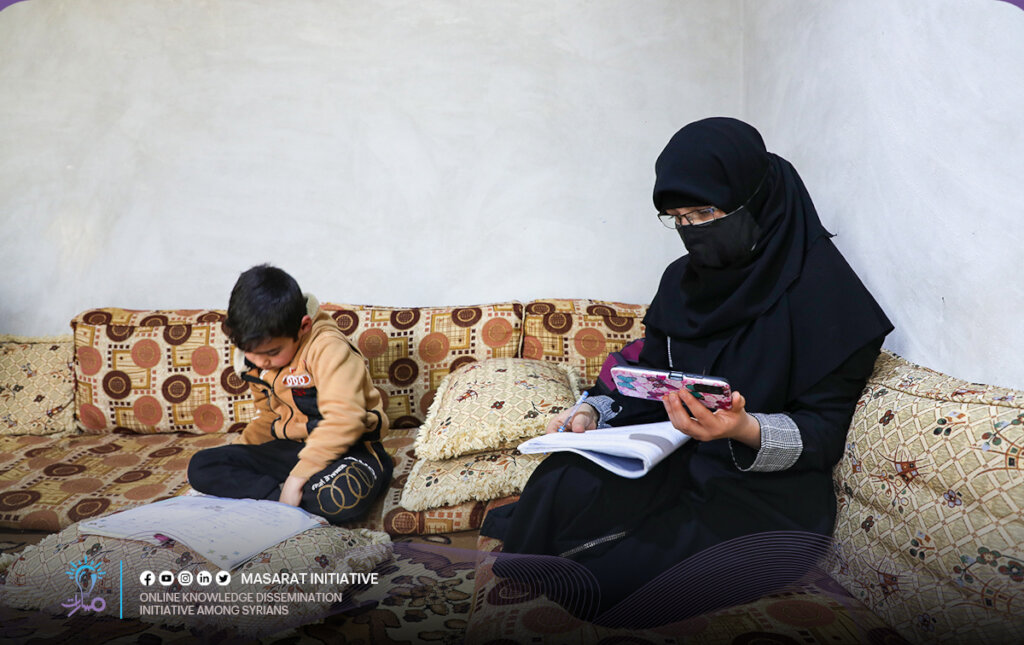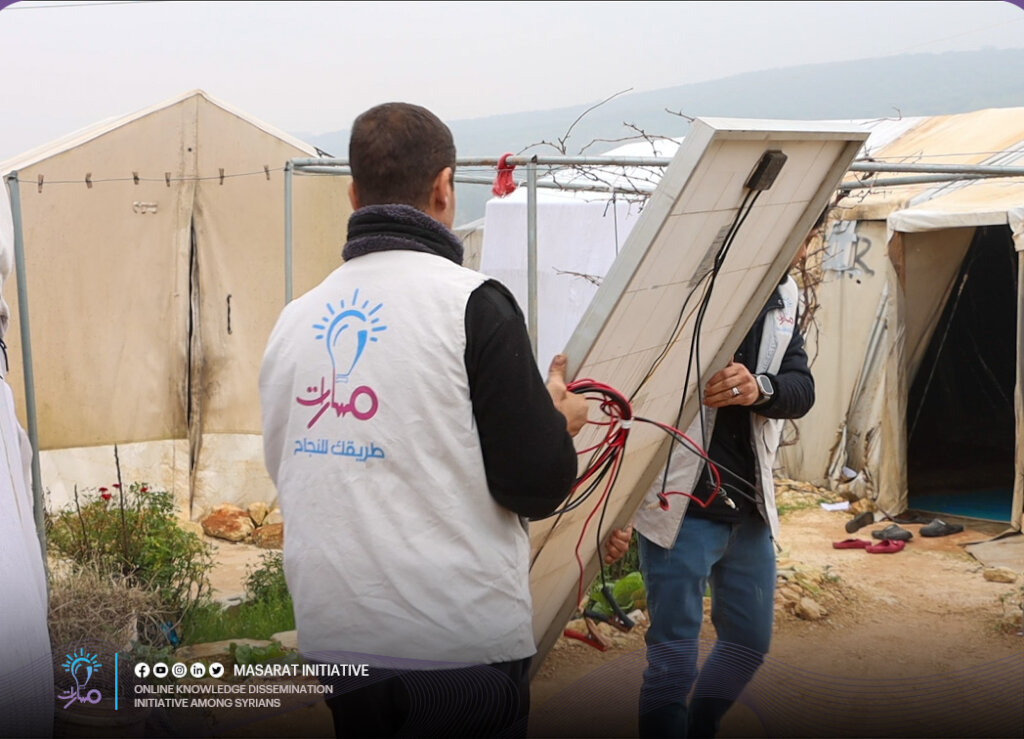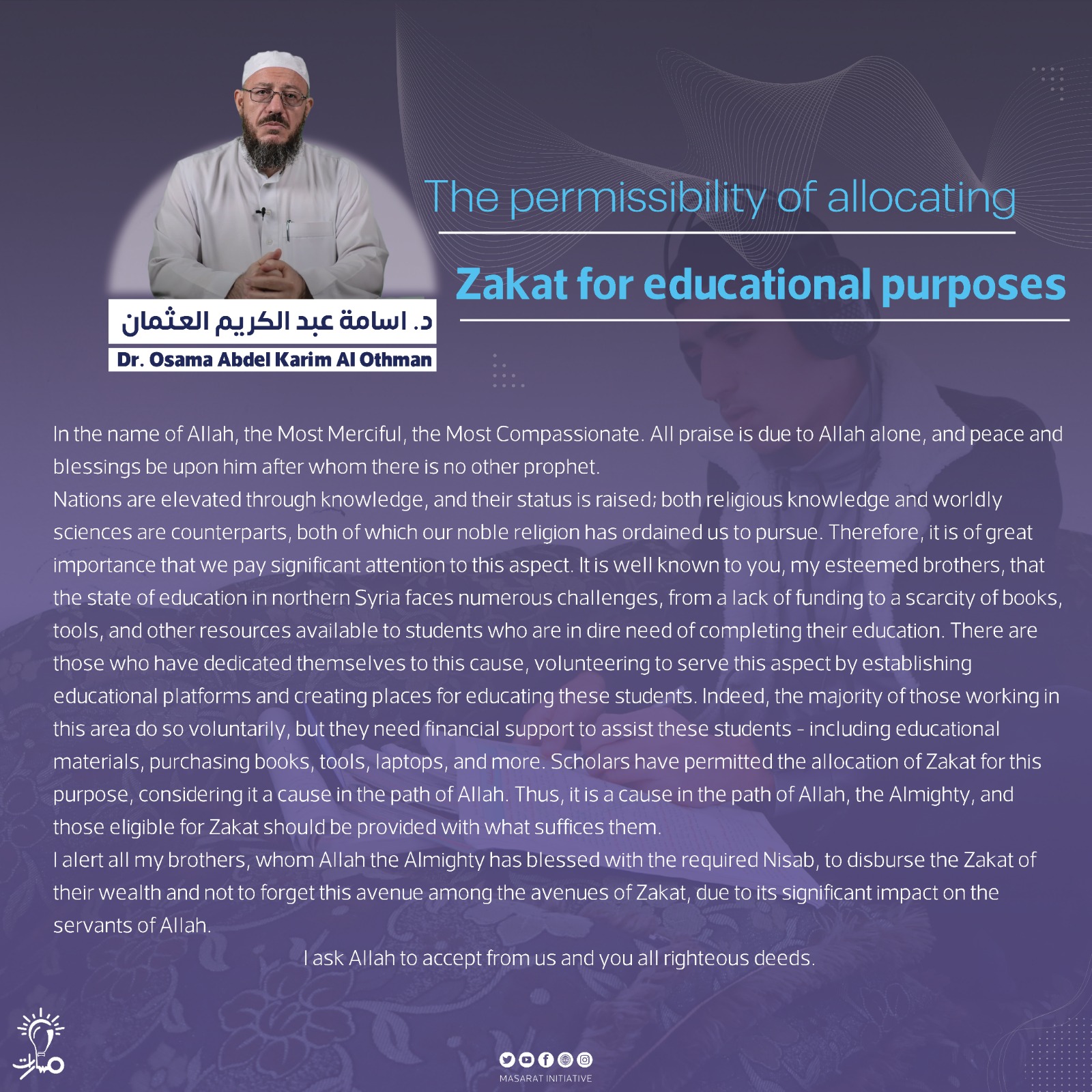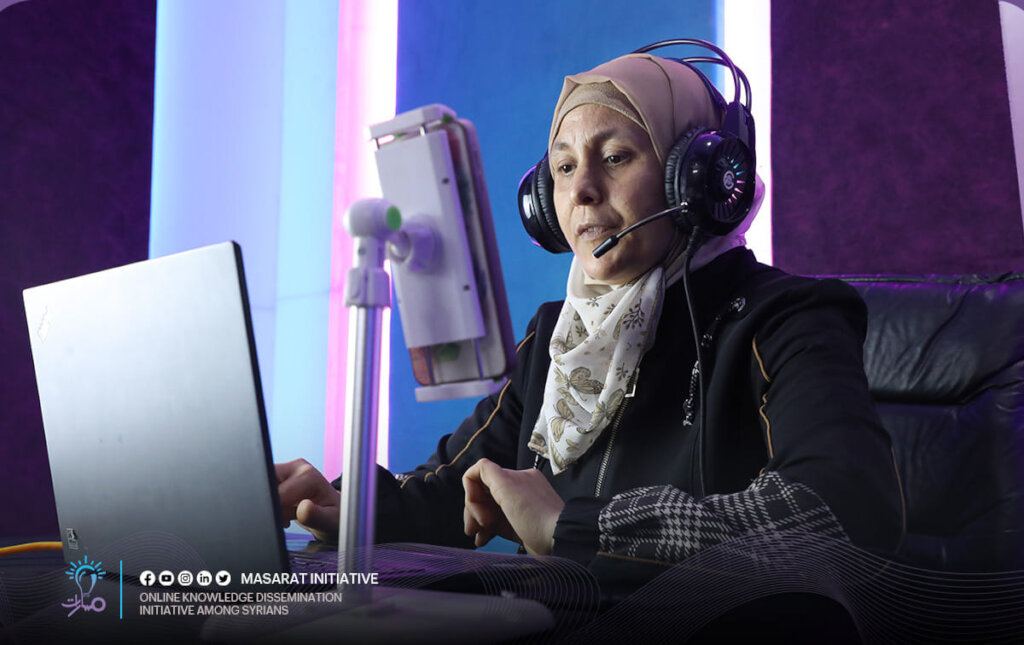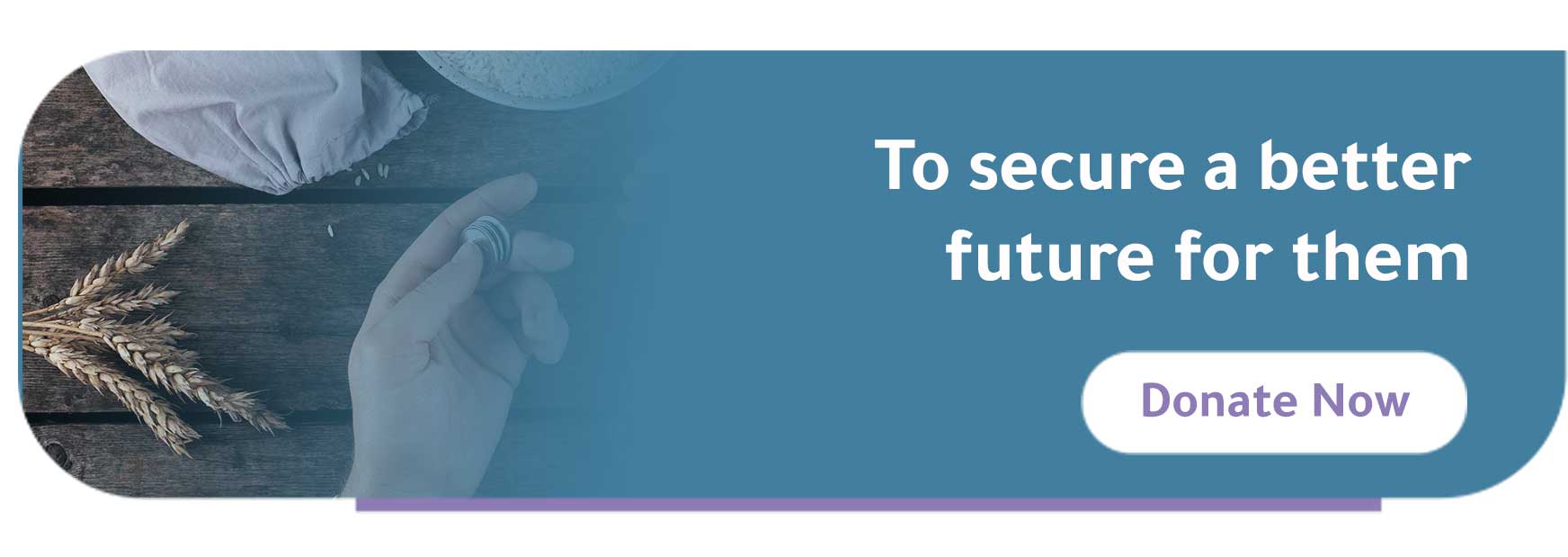Zakat al-Fitr is one of the Islamic duties that embodies the concept of purity and mutual support in Islam. This obligatory charity, required of every capable Muslim, aims to purify the soul from sins and contribute to supporting the poor and needy. With jurisprudential disagreements about the possibility of paying it in cash or in kind, the question arises about what is preferable in accordance with the spirit of the times and the welfare of the poor.
Today’s article explores the various viewpoints and applications across Islamic schools of thought regarding the payment of Zakat al-Fitr. Let us begin our article.
Amount of Zakat al-Fitr in Cash
The Prophet Muhammad ordained that Zakat al-Fitr should be a Sa’ of dates or barley for every Muslim—slave or free, male or female, young or old, as narrated by Ibn Umar: “The Prophet of Allah peace be upon him imposed Zakat al-Fitr from Ramadan, a Sa’ of dates, or a Sa’ of barley, upon the slave and the free, the male and the female, and the young and the old among the Muslims.”
The amount of Zakat al-Fitr for each capable Muslim is estimated at about $4.5, noting that increasing this amount could lead to greater rewards from Allah.
There are different views among scholars about whether Zakat al-Fitr can be paid in cash. Some believe it is not permissible due to the lack of explicit text supporting it, while others endorse this action for easing the burden on the poor in meeting their needs.
Is Paying Zakat al-Fitr in Cash Permissible?
Regarding the issue of paying Zakat al-Fitr in cash or in kind, there are wide jurisprudential differences among scholars. Some consider cash payment as deviating from the Prophetic tradition, preferring charity in dates, raisins, or barley as commanded by the Prophet.
However, extensive discussions indicate that imposing a specific form could impose difficulties on Muslims. Therefore, it is preferred for a Muslim to discharge their Zakat in whatever is easier, whether in money or in kind, considering that facilitation is a legitimate purpose, especially in Western countries where paying Zakat in cash is more convenient.
Paying Zakat al-Fitr in Cash According to the Four Schools of Thought
Maliki School’s Rulings on Zakat al-Fitr
The Maliki school offers two viewpoints on Zakat al-Fitr. The first considers it obligatory to be paid before the Eid prayer, while the second describes it as a non-obligatory Prophetic Sunnah.
Ruling on Paying Zakat al-Fitr in Cash According to Maliki School
The Maliki school requires Zakat al-Fitr to be paid from food, such as dates and raisins, based on Prophetic narrations, and prohibits its payment in cash to preserve religious fundamentals.
Who is Obliged to Pay Zakat al-Fitr According to Maliki School?
Zakat al-Fitr is obligatory on every capable Muslim, provided what they give is surplus to their and their dependents’ needs. This Zakat is not limited to adults but includes young males and females and even a fetus if born before the dawn of Eid. It must be paid on their behalf and those whose expenses they are responsible for. Those who cannot pay it themselves can appoint someone else to do so on their behalf.
Time of Zakat al-Fitr Obligation According to Maliki School
The Maliki school mandates the payment of Zakat al-Fitr two or three days before Eid and prohibits delaying it until after the Eid prayer, affirming that the latest acceptable time for its payment is directly before the prayer begins.
Hanafi View on Zakat al-Fitr
The Hanafi school considers Zakat al-Fitr an obligation on every Muslim, based on the Sunnah of the Prophet, provided the Muslim is free and owns more than their basic needs.
Nisab (Minimum Amount) of Zakat al-Fitr According to Hanafi School
The Hanafi school sets the Nisab of Zakat al-Fitr at half a Sa’, measured by four double handfuls filled by an average-built man without squeezing or spreading the fingers.
Who is Obliged to Pay Zakat al-Fitr According to Hanafi School?
In the Hanafi school, a Muslim who owns more than their needs must pay Zakat al-Fitr for themselves and those they support, including their children and anyone with a mental disability.
Ruling on Paying Zakat al-Fitr in Cash According to Hanafi School
The Hanafi school permits paying Zakat al-Fitr in cash, based on the verse: “Take from their wealth a charity,” implying that the essence of charity is the giving of money. This view was adopted by Hasan al-Basri and Umar ibn Abdul Aziz.
Zakat al-Fitr According to Shafi’i School
Ruling on Zakat al-Fitr According to Shafi’i School
The Shafi’i school obligates every free and capable Muslim to pay Zakat al-Fitr, specified as a Sa’ of dates or barley for each person, male or female, free or slave, based on the hadith of Abdullah ibn Umar about the Prophet: ” Sa’ of dates or a Sa’ of barley for every free or slave, male or female, among the Muslims.”
Time of Paying Zakat al-Fitr According to Shafi’i School
The Shafi’is believe that Zakat al-Fitr becomes obligatory after the sunset of the last day of Ramadan, meaning for every Muslim who witnesses the night of Eid. The second opinion states its obligation at the dawn of Eid day, before the Eid prayer, which is the most widely accepted view among scholars.
Scholars’ Opinions on Paying Zakat al-Fitr in Cash
Amount of Zakat al-Fitr According to Sheikh Ferkous
Sheikh Ferkous believes that Zakat is obligatory on every Muslim who meets the following conditions:
Islam: There is no Zakat for a non-believer because Zakat al-Fitr purifies the fasting person and brings the believer closer to their Lord. The capable Muslim: One who owns surplus to their needs and can pay Zakat al-Fitr for themselves and their household.
Is Paying Zakat al-Fitr in Cash Permissible According to Al-Albani?
Sheikh Al-Albani considers it impermissible to pay Zakat al-Fitr in cash, as it deviates from the text and contradicts the commands of Allah.
However, it is obligatory to give food from the staple diet of the country’s people, such as rice and sugar. If people store dates and raisins, it is preferable to adhere to the Prophet’s instruction of a Sa’ of dates.
Ruling on Paying Zakat al-Fitr in Cash According to Egyptian Dar al-Ifta
The Egyptian Dar al-Ifta definitively approves of paying Zakat al-Fitr in cash, considering this act in line with the objectives of Islamic Sharia to benefit society, adopting the Hanafi school’s view. The goal is to enable the poor and needy to meet their basic needs without having to ask at the beginning of Eid.
Is Paying Zakat al-Fitr in Cash Permissible According to Ibn Uthaymeen?
Ibn Uthaymeen issued a fatwa that it is not permissible to pay Zakat al-Fitr in cash, because what is established in the hadith and the noble Sunnah is the payment of Zakat al-Fitr as a Sa’ of dates or a Sa’ of raisins; and whoever acts contrary to this practice, their act is not accepted as stated in the hadith of the Prophet, peace be upon him, “Whoever does an action not in accordance with our matter (religion), then it is rejected.”
Ruling on Paying Zakat al-Fitr in Cash According to Ibn Baz
Zakat al-Fitr must be paid in the form of food, and this is the most followed opinion according to the Sunnah of the Prophet and the scholars. However, paying Zakat al-Fitr in cash is considered weak, even if some scholars have approved it. It should be paid as a Sa’ from the staple food of the country.
Zakat al-Fitr in Cash According to Ibn Taymiyyah
Ibn Taymiyyah accepted the payment of Zakat al-Fitr in cash if it brings greater benefit to the poor, considering money more beneficial for them in purchasing necessities, and easier for those paying Zakat than buying and distributing food.
The Opinion of Al-Sha’rawi on Zakat al-Fitr
Sheikh Muhammad Metwally Al-Sha’rawi, may God have mercy on him, had a clear opinion regarding Zakat al-Fitr. He emphasized that it is an obligation on every Muslim, whether they are adults or children, male or female, free or enslaved. He clarified that Zakat al-Fitr must be paid before the Eid prayer from food, not money.
Paying Zakat al-Fitr in Cash According to Said al-Kamali
The Prophetic hadith, as narrated by Abu Said Al-Khudri and recorded in the Sahihain, emphasizes that Zakat al-Fitr must be paid in kind, as a Sa’ of food, highlighting the importance of discharging it from the staple food of the country without resorting to paying it in cash.
Is It Permissible to Donate Zakat al-Fitr to Another Country?
It is preferable to pay Zakat al-Fitr in the country where one lives, but it is acceptable if there is a need to send it to another country.
Masarat for Education and Knowledge Dissemination Remotely in Syria
In refugee camps and amid life’s hardships, orphaned children dream of studying—a dream not so difficult. Masarat faces the challenges and difficulties of education in Northern Syria, providing free education and facilitating access to knowledge through an interactive online environment and non-interactive lessons via a Learning Management System (LMS), along with a knowledge endowment specifically for the Masarat initiative on YouTube.
Masarat strongly believes in the power of education and its role in building more stable communities. The primary goal of Masarat is to expand the beneficiary base to make education a fundamental part of their lives.
You can also support and assist these children by delivering your donations to them through the Masarat initiative, which documents every amount you send.
Your Zakat al-Fitr donation reaches orphaned children, those in need of this money, achieving thus a great deal of goodness and truth before Allah, as He Almighty says: “Who is it that would loan Allah a goodly loan so He may multiply it for him many times over? And it is Allah who withholds and grants abundance, and to Him, you will be returned,” showing that your donation to children and youth is the ultimate good you can offer them.
These orphans need educational opportunities and empowerment in the absence of their providers to become positive and effective members of society.

